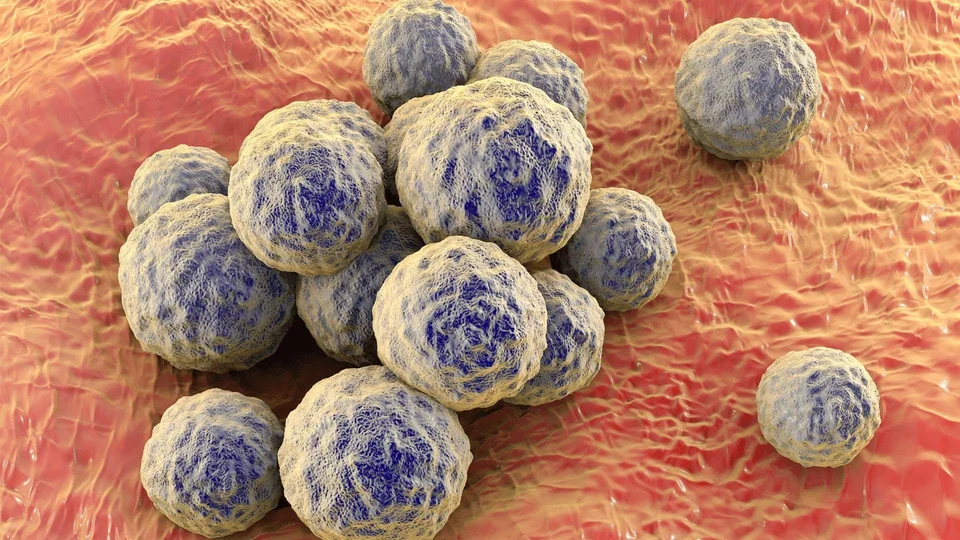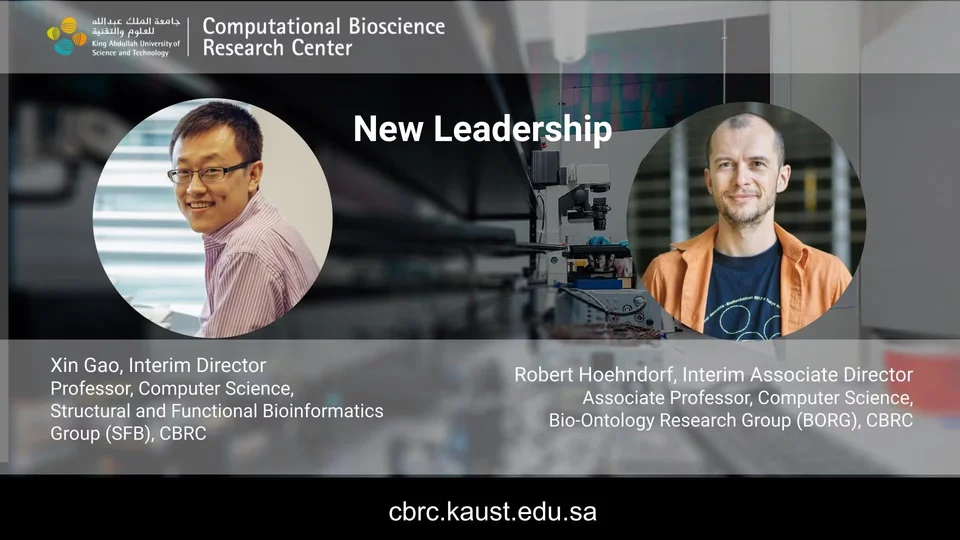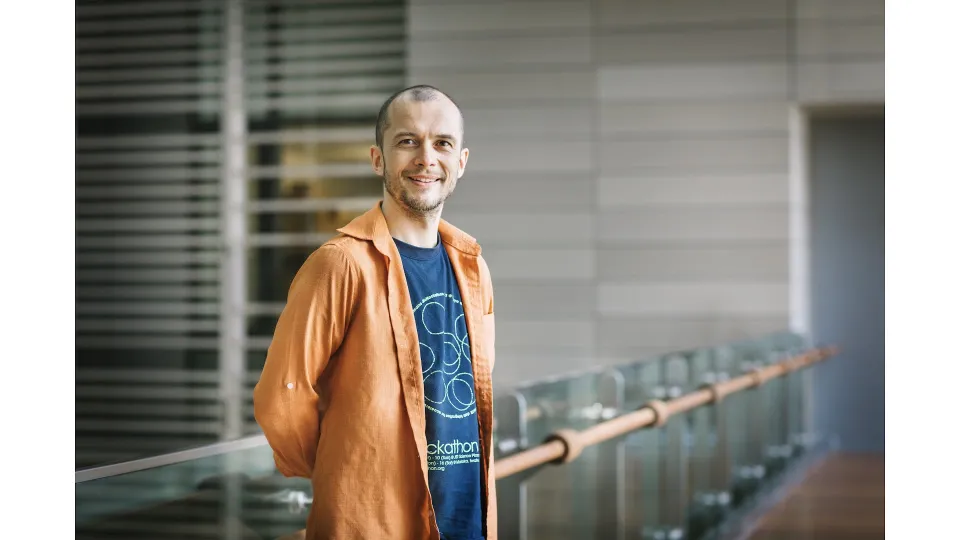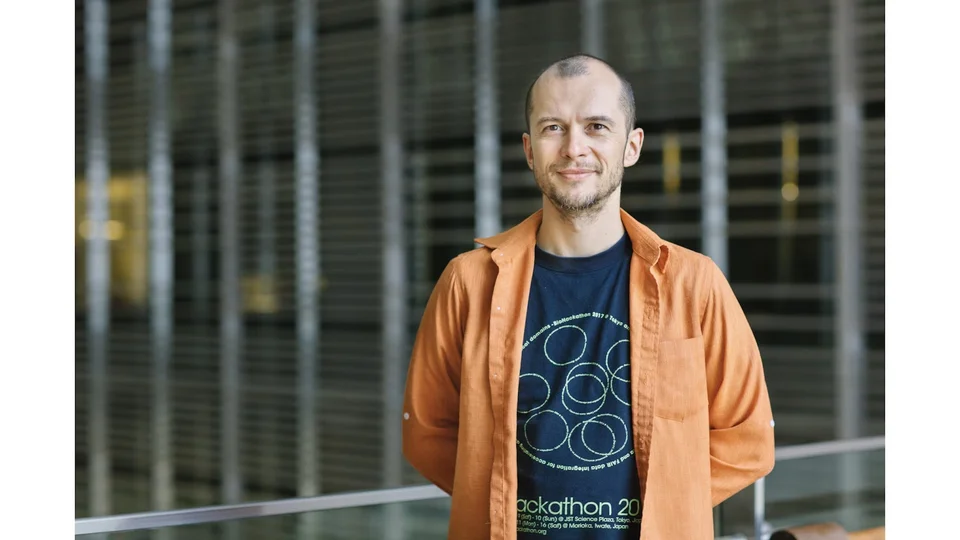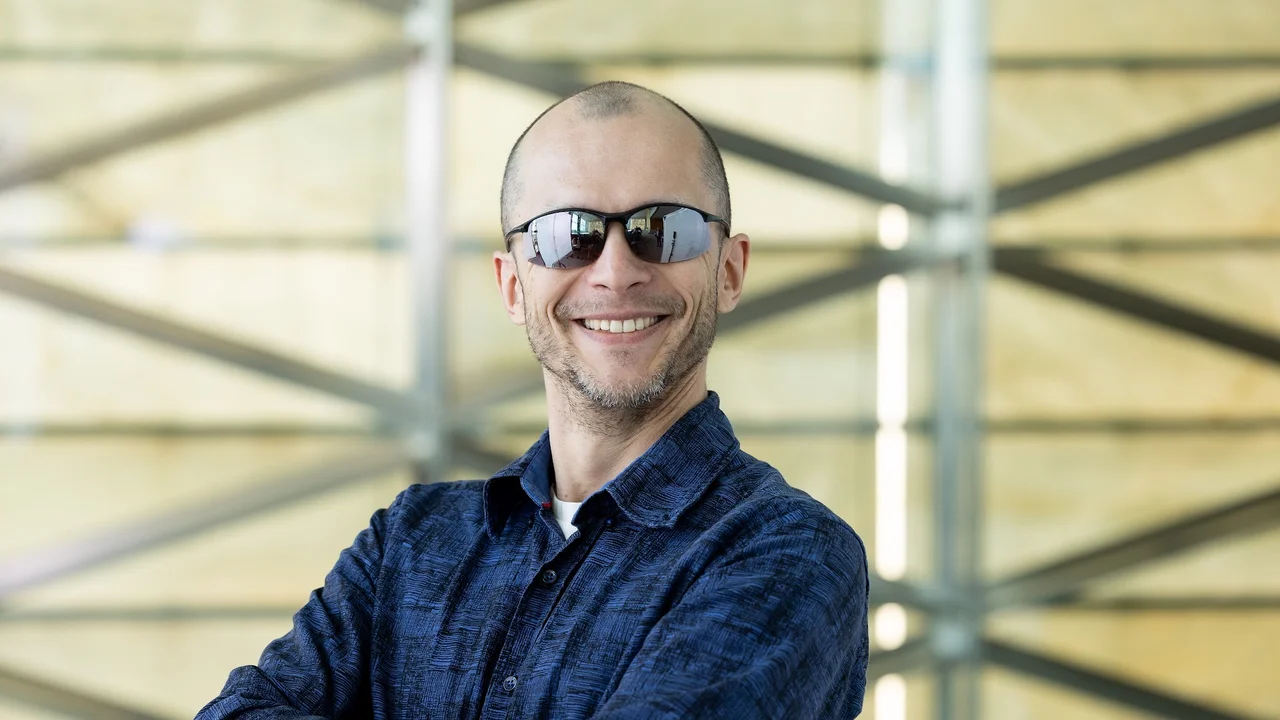
Robert Hoehndorf
- Associate Professor, Computer Science
- Principal Investigator, Bio-Ontology Research Group
Robert Hoehndorf is an Associate Professor of Computer Science at KAUST. His research focuses on bioinformatics, knowledge representation and reasoning, Semantic Web technologies, and neuro-symbolic methods.
Biography
Robert Hoehndorf is an Associate Professor of Computer Science at King Abdullah University of Science and Technology (KAUST), where he is the principal investigator of the Bio-Ontology Research Group (BORG).
Before joining the University in the fall of 2014, Professor Hoehndorf obtained his Ph.D. in Computer Science from the University of Leipzig, Germany, in 2009. Post-graduation, he spent several years in the U.K. as a research fellow and a research associate at Aberystwyth University and the University of Cambridge, respectively. He was also a postdoctoral fellow at the European Bioinformatics Institute, U.K.
Research Interests
Professor Hoehndorf’s main academic interests are knowledge representation, neuro-symbolic methods and their application in life sciences. He develops knowledge-based methods for analyzing large, complex and heterogeneous biological datasets and applies them to understanding genotype-phenotype relations.
His group developed the DeepGO methods for protein function prediction, neuro-symbolic methods applicable to Semantic Web ontologies and knowledge graphs, and several approaches to represent, reason over, and predict genotype-phenotype relations.
Professional Profile
Service Contributions
- Service to the Institution
-
-
Member of Institutional Bioethics Committee, 2022 - present
-
Track Leader, Bioinformatics & Machine Learning Track, Bioengineering Program, 2021 - present
-
KAUST AI Committee, 2018 - 2020
-
Member of Admissions Committee, CS Program, 2024 - present
-
- Service to the Discipline or Profession
-
-
Editor in Chief, Journal of Biomedical Semantics, 2022 - present
-
Associate Editor, BMC Bioinformatics, 2017 - 2023
-
Editorial Board Member, Applied Ontology, 2017 - present
-
Editorial Board Member, PLoS ONE, 2018 - 2022
-
Editorial Board Member, Data Science, 2018 - present
-
Associate Editor, Journal of Biomedical Semantics, 2012 - 2021
-
Awards and Distinctions
- Bye Fellow (elected), Robinson College, University of Cambridge, 2022
- Leibniz AI Fellow, Leibniz University of Hannover, 2022
Professional Memberships
- Member, International Society for Computational Biology, 2015
Qualifications
Education
- Doctor of Philosophy (Ph.D.)
- Computer Science, Leipzig University, Germany, 2009
- Diplom-Informatiker (Dipl. Inf.)
- Computer Science, Leipzig University, Germany, 2005
- German
- Native or bilingual proficiency
- English
- Native or bilingual proficiency
- Esperanto
- Limited working proficiency
Languages
Related Media
Financial Support
Robert has obtained grants to fund the following projects:
- Sequencing and Computational Analysis of MRSA Samples
- Improvement of Genetic Variant Prioritization Technology
- Bio2Vec: Smart Analytics Infrastructure for the Life Sciences
- The Whale Shark 100: Applying Population Genomics to Understand Mysteries of the World’s Largest Fish
- Data Integration and Ontologies for Microbial Cell Factories
- CompleX: Variant Prioritization in Complex Disease
- Enabling desert revegetation by AI-tailored soil microbiome fortification
- Enabling mangrove restoration by AI-tailored microbiome fortification
- Metagenomics-based surface prospecting
- Evolutionary potential of corals to adapt to climate warming
- Computational methods for functional metagenomics: from protein functions to multi-scale interactions
- IBNSINA-QI: Integrating Biomedical Networks and Semantic Information for Neural network Analysis of Quantitative Information
- Development of Algorithms for Biotechnology and Biomedical Applications
